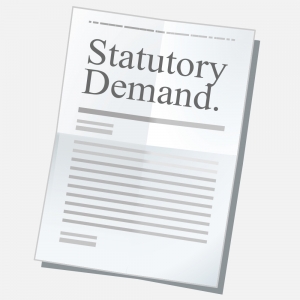
When dealing with a statutory demand the creditor can follow the bankruptcy process or winding-up proceedings, although usually as a last resort to assist the creditor with the details of the debtor’s assets. A bankruptcy or winding-up petition is usually filed by a creditor, in the event that the debtor is unable to pay.
Creditors must be made aware of avoiding an allegation of abuse of process, which occurs when a creditor petitions for bankruptcy or the winding-up process in order to obtain collateral or any other grounds separate from the initial debt. As the new debt that the creditor is claiming for is undisputed, and therefore abuses the bankruptcy process.
This was the case with in the hearing of Glenn Maud v Aabar Block SA.R.L, as there was evidence that Aabar Block were guilty of abuse of process. The approved judgment stated that Aabar Block’s objective for their bankruptcy petition was related to “collateral advantage”, due to clear evidence that Aabar Block hoped to obtain Mr. Maud’s share capital. This was ultimately established as an abuse of process, as a bankruptcy petition should only be made when the debtor cannot pay the debt owed and should not include further advantages.
On some occasions, creditors do not actually want to petition the bankruptcy process or winding up proceedings, although they are utilised as a threat, in order to pressure the debtor for payment, this again is an abuse of process.




